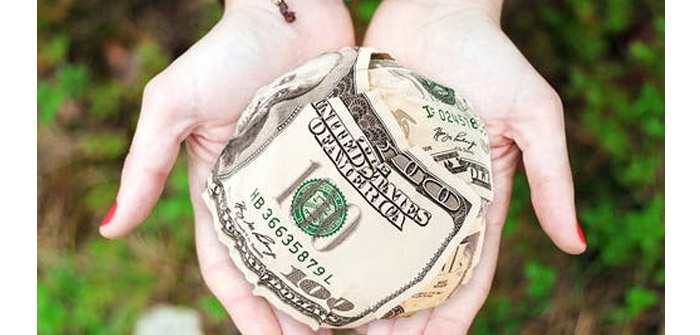If you have filed for bankruptcy, you have gone through the struggle of paying all your outstanding debts, you have filed a petition and you have had all of your assets measured, studied and evaluated. You may also have lost assets that have had to be used to repay all or a portion of your debts.
You know that having gone through bankruptcy means a tough journey, filled with difficult decisions that may stay on your record for several years. That is why bankruptcy is not something to be taken lightly or embarked upon without some heavy thinking and introspection.
Why declare bankruptcy?
Bankruptcy offers a fresh start. It allows you to have some debts forgiven and have a second opportunity at gaining access to consumer credit. Once the bankruptcy proceedings are completed you are relieved of obligations you faced before filing.
How are you expected to file for bankruptcy when you have no money?
That seems like a riddle, but it doesn’t have to be. If you are planning on declaring bankruptcy, you may start getting together some money in a couple of different ways:
- Stop paying your credit card bills – put away the money you would be using for that purpose
- Eliminate unnecessary expenses -during these months, forgo your daily trip to get coffee, pack a lunch to work and think of any other easily-cut expenses
- Ask for help – your family and friends are great assets at this point. Talk to them and explain your situation and your plans. They may give you a gift or a loan to tie you over while you get back on your feet
- Are you expecting a tax refund? – Use it to get you bankruptcy proceedings started
Will all your debt be qualified to be discharged?
The short answer is no. Debts to the government and those related to child support and alimony, among others, will not qualify to be discharged.
How can you reduce the cost of your bankruptcy?
If your income goes down while filing for bankruptcy or even after, you may request the court to modify your plan. If that is denied by the court, you can still ask it to temporarily suspend your payment obligations until you are able to cover your monthly payments. You also have the option to request a hardship discharge. And if you fail to make your bankruptcy payments, your bankruptcy case might end up being dismissed and you may have the option of refiling in the future. For the time being, you will again be responsible for the full amounts of your debts.
Should you declare bankruptcy?
Bankruptcy has its pros and cons. On one hand, it can help you save your home or business, and reorganize your finances. On the other, it will lower your credit score, making it more difficult for you to qualify for a loan, a mortgage or credit card in the future.
If you are seriously considering filing for bankruptcy, talk to Attorney Ken Schneider. If you owe quite a bit of money that you can’t repay and the bill collectors have your number on speed-dial he will discuss all debt-relief alternatives with you. And if bankruptcy is the optimal choice, he will tell you what type of bankruptcy works best for you.





